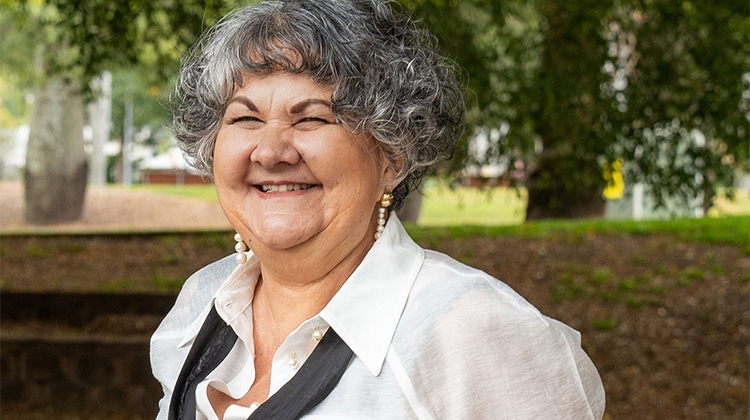Resources Provide an Indigenous Perspective

The controversy around the holiday on the 26th of January is very present, but whether you call it Australia Day or Invasion Day, more information about Indigenous culture and history should be welcomed into the discussion.
The Moment of Truth campaign, from First-Nations led not-for-profit SharingStories Foundation, has released lessons and resources to balance the ledger when it comes to the telling of our colonial history.
Free educational resources featuring online videos and 10 hours of digital lessons have been created in close collaboration with Jaara Elder Uncle Rick Nelson, Bangerang Custodian Roland Atkinson and other First Nations educators to support teachers to educate students in years 6, 9 and 10 on this topic.
Designed to national curriculum standards, these First Nations led resources are being made available for free through the SharingStories education portal JajooWarrngara: The Culture Classroom. In the Nyikina language of SharingStories co-founder Annie Milgin, the term ‘jajoo warrngara’ means “to gather around and learn from the Elders” - a fundamental principle of First Nations pedagogy.
For example, the Historical Landmarks lesson plan encourages students to research the Aboriginal history of locations and their names, leading into conversations about land treaties and indeed Aboriginal massacres.
“Truth telling has the power to heal - however education has the power to create generational change,” said SharingStories Co-CEO and Pitta Pitta woman Sharon Williams. “That’s why we’re encouraging all Australians to take a moment to step back from the debate and take a step toward unity - through education.
“The moment of truth for genuine educational inclusion is now,” according to Williams. “The Australian Curriculum itself acknowledges that Australia Day is also known as Invasion Day by many Australians. In fact, a key focus of the Aboriginal and Torres Strait Islander Cross Curriculum Priorities states that ‘the occupation and colonisation of Australia by the British, under the now overturned doctrine of terra nullius, were experienced by First Nations Australians as an invasion that denied their occupation of, and connection to, Country/Place’.
“This is in direct contrast to the narrative often taught in Australian schools where colonial history is prioritised; with a strong focus on the First Fleet’s arrival and little to no acknowledgement of the Frontier Wars or the diverse cultures of the people who thrived here for more than 60,000 years,” says Ms Williams, a First Nations educator with three decades experience in delivering education programs.
The campaign comes as new research commissioned by the Foundation revealed four in five Australians (80%) want more First Nations culture taught in schools. This figure is in line with a landmark national 2021 study of 5,000 Australians that identified common ground in the need for more First Nations teaching, despite a significant generational divide for and against changing the date. The survey found almost 90% of millennials want more First Nations education - 80% of boomers agreed.
The SharingStories commissioned survey of 1000 Australian adults revealed only half (49%) were taught Aboriginal and Torres Strait Islander Histories and Cultures in their schooling in any significant way.
The study found two in three teachers (67%) believe their school should be doing more to support First Nations focused curriculum and more than three quarters (76%) know they could increase the amount of time spent embedding Aboriginal and Torres Strait Islander Histories and Cultures in their classroom.
This is largely due to teachers not having access to authentic resources which support the safe sharing of First Nations history and cultures.
The Jajoo Warrngara learning resources encompass five commonly unknown truths:
- There was active and coordinated resistance to the British invasion. This resulted in brutal conflicts known as the Frontier Wars.
- There was no singular frontier, but many frontiers as the British fanned out to establish other colonies and settlements across the vast Australian land mass.
- January 26th marks the day Captain Arthur Phillip, the Commander of the First Fleet, raised a British flag at Sydney Cove, or Warrane, and established a convict settlement - the final step in a transportation policy designed to address rampant overcrowding in British jails and prison hulks.
- January 26th only became the “Australia Day public holiday” for all states and territories in 1994.
- Over a 140-year period, there were more than 270 massacres across Australia.